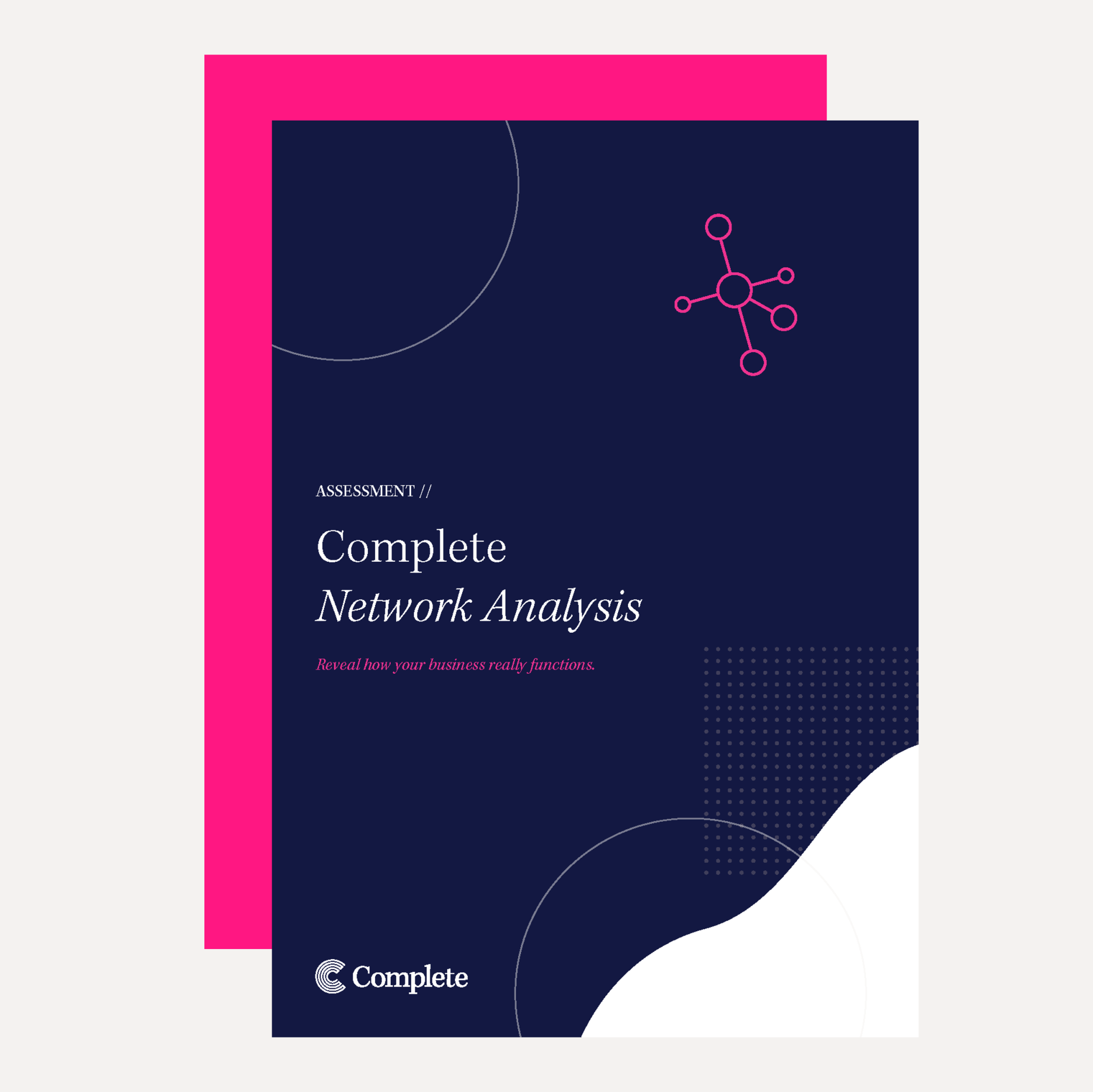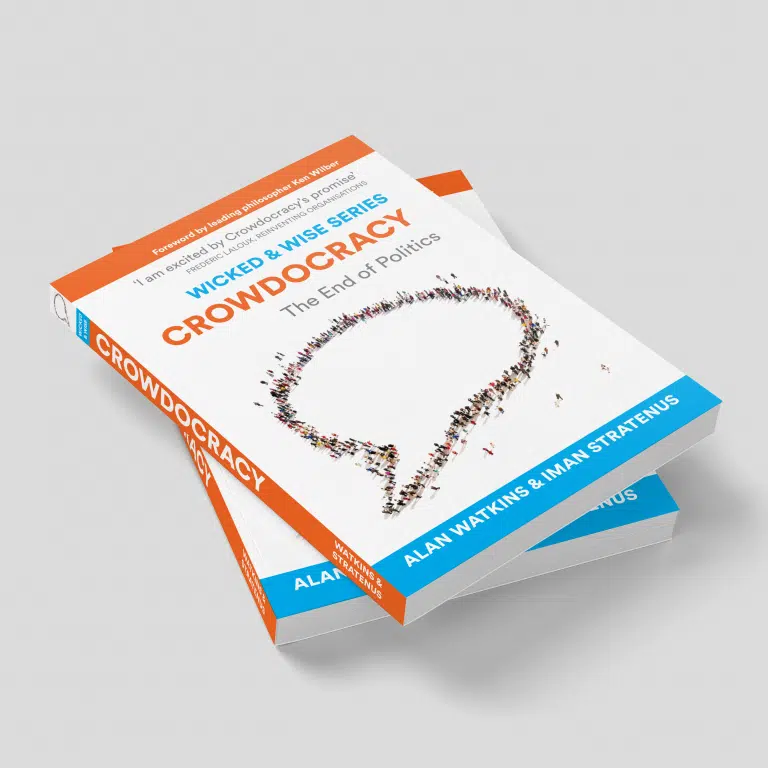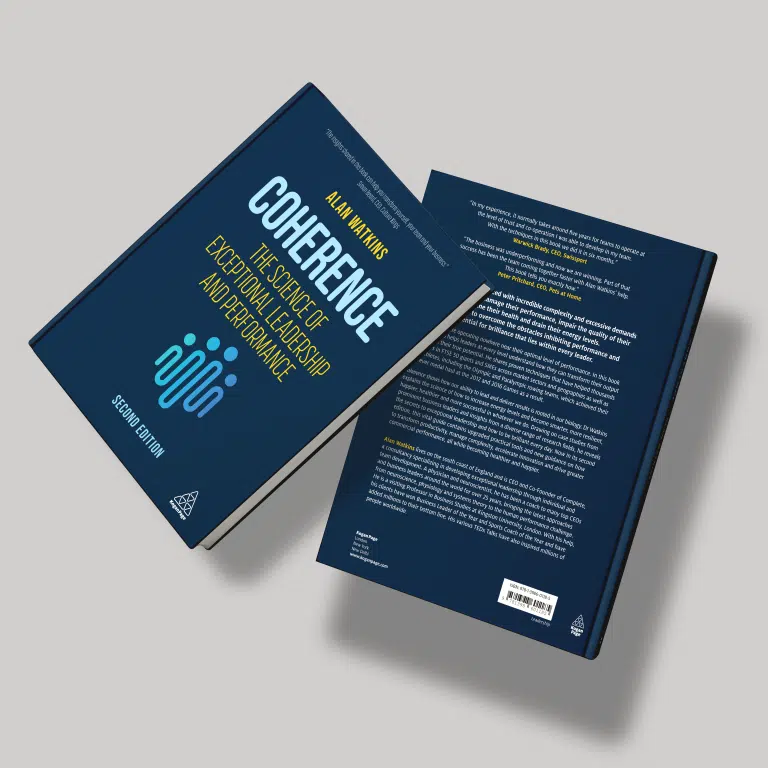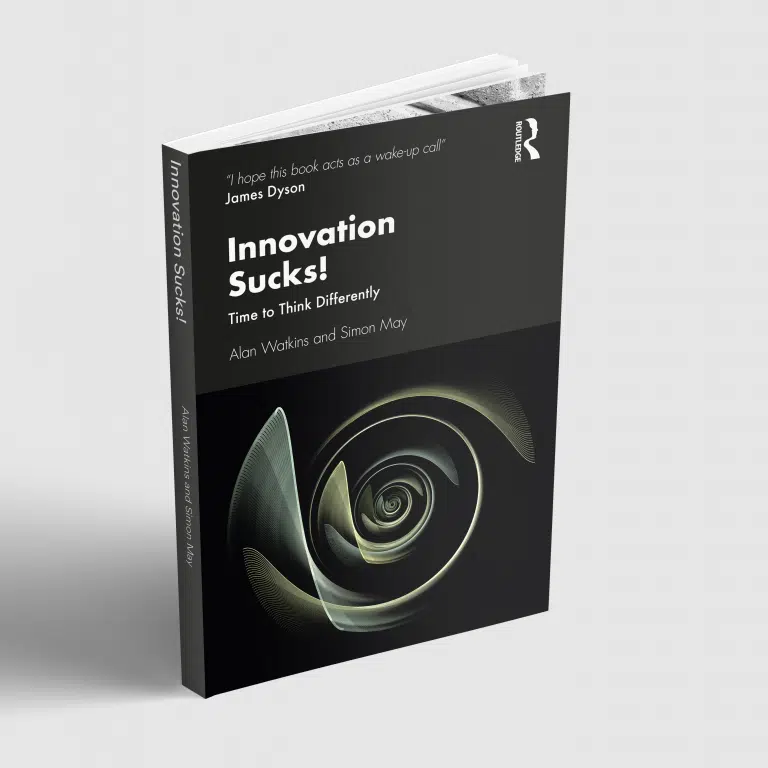Does your team look forward to getting together? Do they see team meetings as energising and stretching? How do you feel about your team meetings? Are they the highlight of your week? If they are, you’re lucky, you could be one of those rare teams at stage four of team development.
If you’re not sure if you’ve ever been on or led a level four team, chances are you probably haven’t. If you think team meetings are getting in the way of you doing your job, you’re almost definitely not in a level four team.
Level four teams feel different. The people on the team are there for you, and you’re there for them.
Level four teams can be transformative for your organisation. They are fundamental to aligning on a shared vision and avoiding silo thinking.
Level three teams either agree or disagree or abdicate the tension resolution to you – the team leader. That can be draining and frustrating. Level four teams understand there’s real value in the disagreement and so develop the social and emotional intelligence skills needed to process tensions in a much healthier way.
This is the third in a series of articles that explores the nine stages of team development. The path to high team performance requires expert guidance through these nine levels of development.
In this article, we consider stage four of team development – independent achievers.

Characteristics of a team of ‘independent achievers’.
Unfortunately, few teams get to this level (four). We are now at a level beyond the highest Tuckman ‘forming, norming, storming and performing’ model. The benefits can be transformative, but what does a level four team and leader look like?
A level four team leader starts to talk less and facilitate more. This is a crucial element of the whole team’s maturation.
Level four team members actively encourage each other to share their point of view. They work hard on developing a ‘speak up’ culture, building trust and psychological safety. They particularly encourage quieter voices in the team and seek to mine the views of the more reflective team members, rather than letting the noisier team members dominate.
One of the joys of a level four team for leaders is that they are able to produce smarter and more insightful answers. You finally see silos breaking down as team members collaborate in small sub-groups voluntarily.
It’s the interpersonal work that enables team members at this level to realise that there are many perspectives on the team and that collaboration will deliver better results. The team starts to glimpse the power that could be unlocked if they fully commit to the process of team development.
Complete worked with Tesco to help them progress form a stage one/two team, to a stage four/five team in just one year. This represents at least 10 years’ progress but they achieved this in just 12 months.
All of this was achieved despite considerable market and commercial pressures. CEO, Matt Simister explained that “The business we operate is very challenging, and sometimes the world of ‘IT’ and more specifically short-term ‘IT’ can be demanding, but that makes the team transition even more impressive.”
However, it was the broader impact that was particularly impressive, as Simister explains, “What’s great is that we’re taking the broader team with us and that’s around 65,000 people. The change in our top team is cascading throughout the business and to our millions of customers as well.”
A small step follows a big step
There’s no doubting that the transition from level three to level four is a big one. Helping a team break out of level three and unlock level four is perhaps the biggest game changer for any team. The good news is that the step up to level five is much smaller. A lot of the new capabilities that started to emerge at level four, really blossom in level five. Functional leaders become true business leaders. The team works cross-functionally to swarm around the challenges that need to be addressed.
Check your current team performance level
At Complete, we’ve seen direct evidence of the benefits of teams operating at level four and beyond – increased revenue and profitability, faster decision making and accelerated innovation.
Some team development can occur organically – albeit slowly. However, an expert guide can make that transition from dependent experts (level three) to independent achievers (level four) much quicker.
If you want to find out how to speed up your team’s journey towards high performance, get in touch.



























